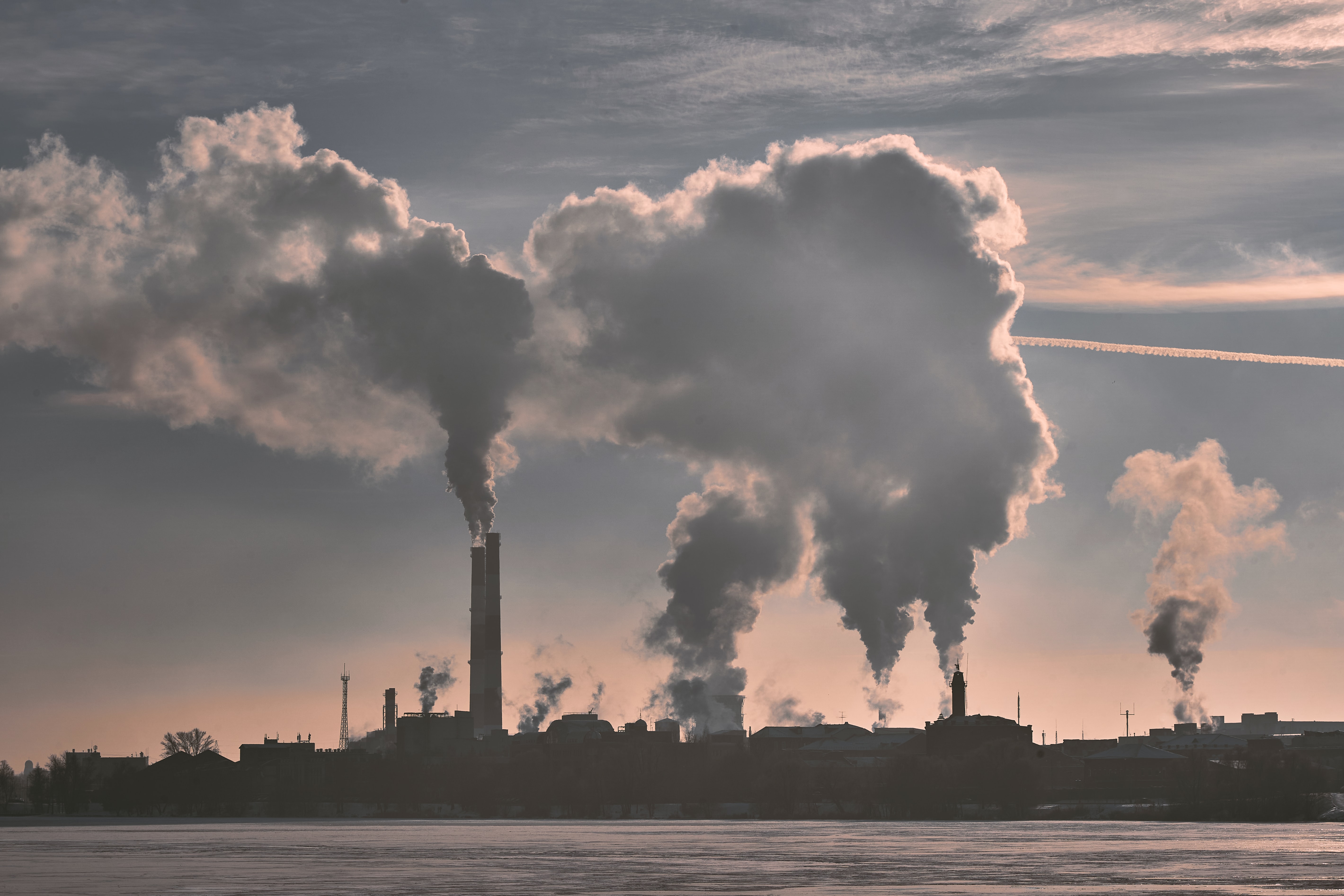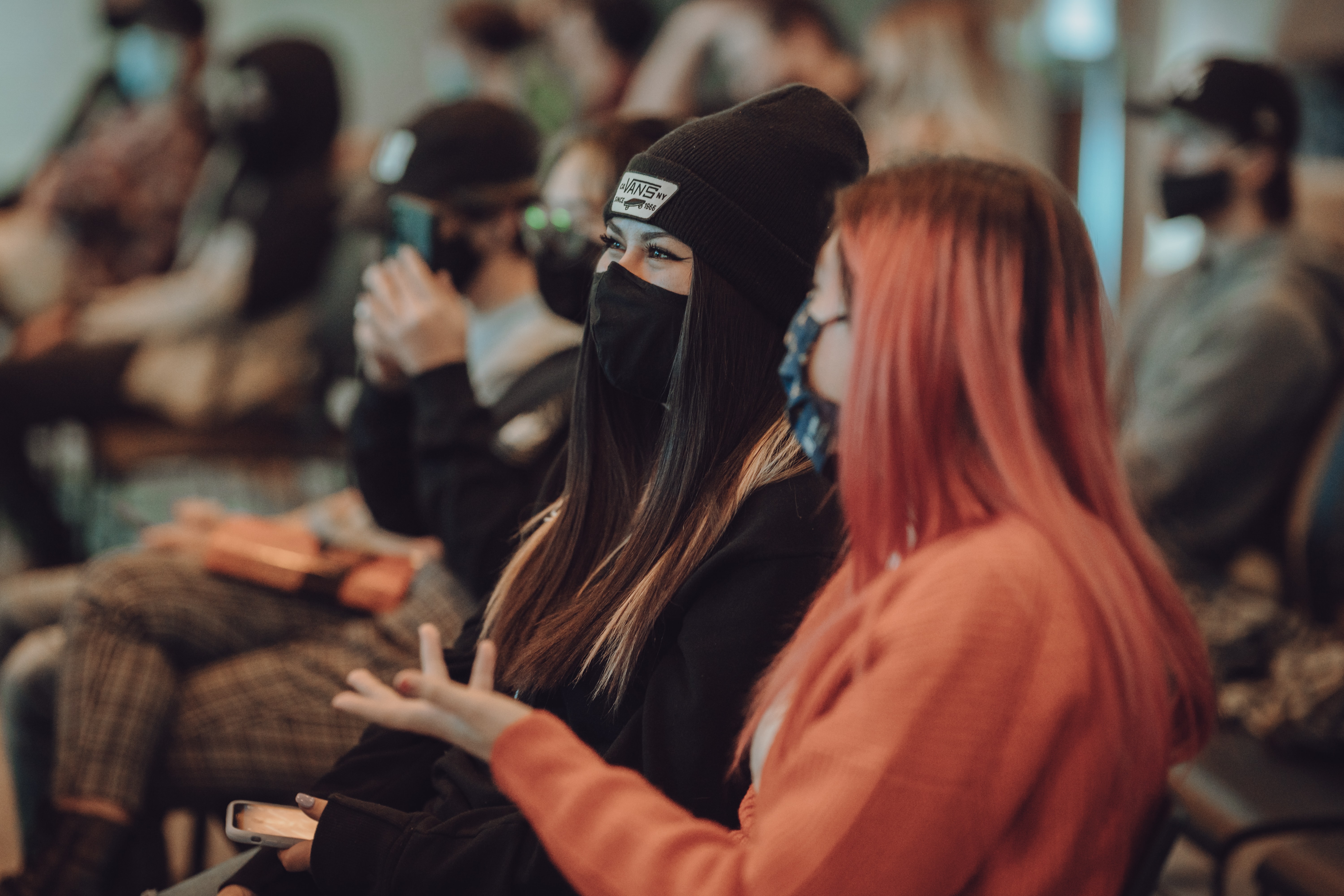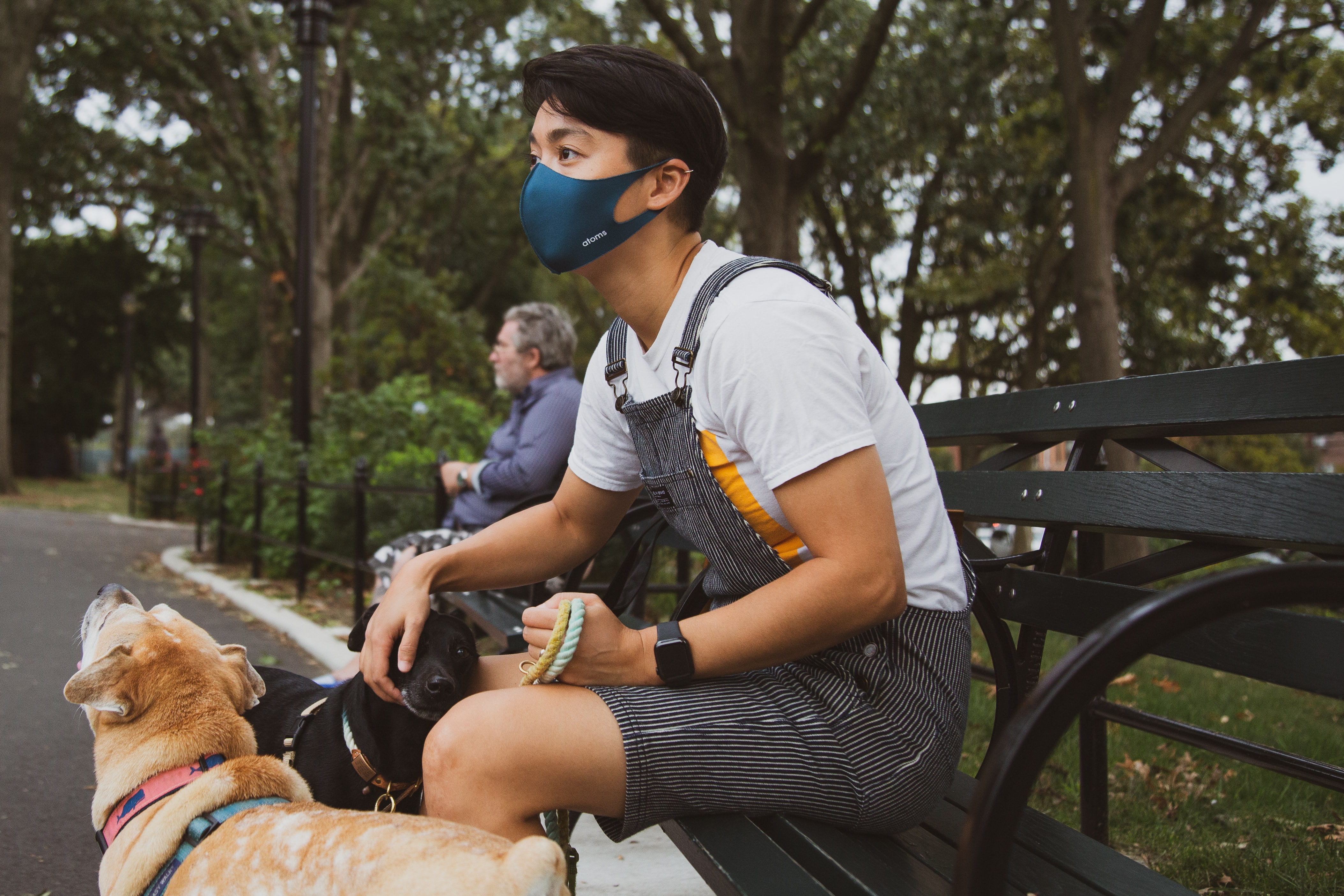Don’t put your masks away just yet. As Denver reaches high vaccination rates to protect against COVID-19, the city still has a long-term respiratory issue to worry about: Air quality. A study conducted by the Environment Colorado found Denver to rank among the Top 10 Worst Cities for air quality two years in a row. Denver’s air quality remains adversely impacted by the growth of ground-level ozone.
When air pollution – car emissions, factory pollution, wildfire smoke, etc. – chemically reacts to direct sunlight, ground-level ozone results. Ground-level ozone damages air quality by infusing it with pollutants. Ground-level ozone in Denver continues to increase from large amounts of city air pollution, wildfire smoke and the intensification of both due to climate change.

Poor air quality in Denver typically takes the form of smog, or smoky fog. It often results from intense pollution or wildfire smoke and reduces visibility. The U.S. Environmental Protection Agency (EPA) measures air quality using an Air Quality Index (AQI). On the AQI, 0-50 means the air is healthy, while 51-100 is moderate, meaning air has some level of pollution – but it’s not necessarily unhealthy to be outside. Increasing in severity, 101-150 ranks as unhealthy for sensitive groups, meaning folks with respiratory conditions. The range from 151-200 accounts for unhealthy air, while 201-300 is very unhealthy and 300-500 is hazardous.
Denver typically experiences air quality in the range of 0-200.
Impact Of Poor Air Quality

High rankings on the Air Quality Index are most likely to occur over the summer. Increased temperatures exacerbate the creation of ground-level ozone. But some places in the Denver metro area have residents breathing bad air more than others, the aforementioned report found. Air pollution has a disproportionate impact on low-income communities of color, who are more likely to work in environments with poor air quality or live near major sources of air pollution.
For healthy young people, seasonal inhalation of bad air results in frequent headaches, coughing and dry mouth. If not mediated, breathing polluted air on a consistent basis has the potential to have long-term health impacts, such as respiratory illness, heart attack, cancer and mental health conditions.
Folks with respiratory conditions face a harsher reaction to bad air quality. According to the same report, children who grow up in areas close to sources of major pollution are more likely to develop asthma and other respiratory conditions.
For those who think of Colorado as an oasis of clean mountain air, you’re right. But you have to go to the mountains to breathe it. Denver’s ground-level ozone frequency isn’t going anywhere.
How To Protect Yourself

As summer goes on, the city will start to reach more peak ground-level ozone days. City officials typically recommend exercising indoors on those days and limiting outdoor exposure. Other days may not be as severe, but the AQI will still be on the higher end. Here’s how to protect yourself.
Wear A Pollution Protection Mask Outdoors
If you’re walking outside for short periods of time with an AQI above 100, it’s a good idea to put on a multi-layer pollution mask for added protection. KN95 and N95 mask types are the most common types that are effective in protecting people from air pollution. Specialized pollution masks are also available online. While exercising outside or spending long periods of time outdoors, you’ll need to consider buying a specialized mask designed to protect against air pollution for athletes. Cyclists and runners are especially encouraged to buy specialized masks. Masks worn to prevent transmission of COVID-19 may or may not also protect against air pollution – it all depends on the design.
Check Air Quality Every Few Hours
Just like checking the unpredictable weather in Denver, you’ll want to get into the habit of checking air quality. For iPhone and Android, you can open the weather app and scroll down to an AQI spectrum.
Close Your Windows
On days when the AQI is unhealthy, or above 99, consider closing your windows in order to shut the smoggy air out. Even if you don’t belong to a sensitive group, you can still experience coughing and headaches with an AQI of 100-149.
Carpool or Take A Green Mode of Transit
Car emissions contribute a lot to higher amounts of ground-level ozone. If you typically drive a car to get around, consider driving less and using some time to either carpool or use a different mode of transportation. You can ride a bike, take a scooter or use public transit. Reducing car emissions can make a real difference if more Denver residents participate.
Smoggy days in Denver are here to stay. Make sure to build good habits in order to protect yourself from inhaling unhealthy air.
You can learn more about air quality in Denver through the city’s Environmental Quality Division.






If you are looking for a mask, I recommend you try this NDM1PB air pollution mask. It is especially useful for the whole day. This mask fits my big head, is comfortable, and allows me to wear my glasses without blurring. It’s also easy to start up without removing my hearing protector, as it can also fit snugly without ear loops. The simple fact is that this mask works great for the job.
Thank you for your recommendation, Dalton!